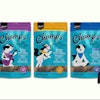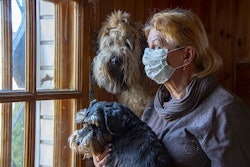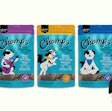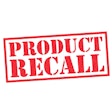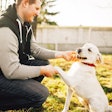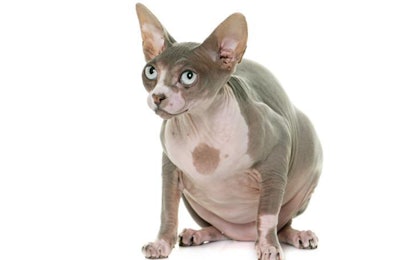
Following their spaying or neutering, dogs' and cats’ metabolic rates decline. Yet while their bodies burn fewer calories each day after being fixed, those animals’ appetites tend to grow.
“Pets may feel like they need to eat significantly more calories than their metabolic rate can support,” Staci Scolavino, VMD, technical services veterinarian for Virbac US told Petfood Industry in an email. “This is a recipe for weight gain. As a result, spayed and neutered dogs and cats are at two to three times the risk of becoming obese versus intact pets.”
Keys to formulating pet food for spayed or neutered pets
Post-operation pet food formulations for spayed and neutered pets involve more than simply reducing calories, she said, since the pets will also be feeling stronger appetites along with a decrease in metabolism. To address fixed pets’ needs, these formulations have:
- Reduced calories,
- Prioritized nutrients that support appetite control and metabolism,
- Protein to support lean muscle mass and to help support metabolism,
- Protein and fiber to support appetite control,
- Lower caloric density, which allows pets to consume a larger volume, triggering hormones that signal to the brain that the pet feels full.
Along with meeting these parameters, formulations for recently spayed or neutered pets differ from conventional weight-loss pet food formulations in other ways.
“Weight management diets are generally formulated for adult maintenance,” she said. “They often do not include sufficient essential amino acids, fatty acids, vitamins and minerals to support healthy growth in puppies and kittens.”
Virbac recently released its veterinary formulations for spayed or neutered pets in the United States, Veterinary HPM Spay and Neuter diets. The diets are available at veterinary clinics or through direct-to-consumer e-commerce with authorship. Virbac entered pet nutrition when it purchased Imperial Dog, 30 years ago. Veterinary HPM Pet Nutrition, Virbac’s flagship brand, launched in Europe in 2015. Today, Veterinary HPM Pet Nutrition is available in 29 countries worldwide.


